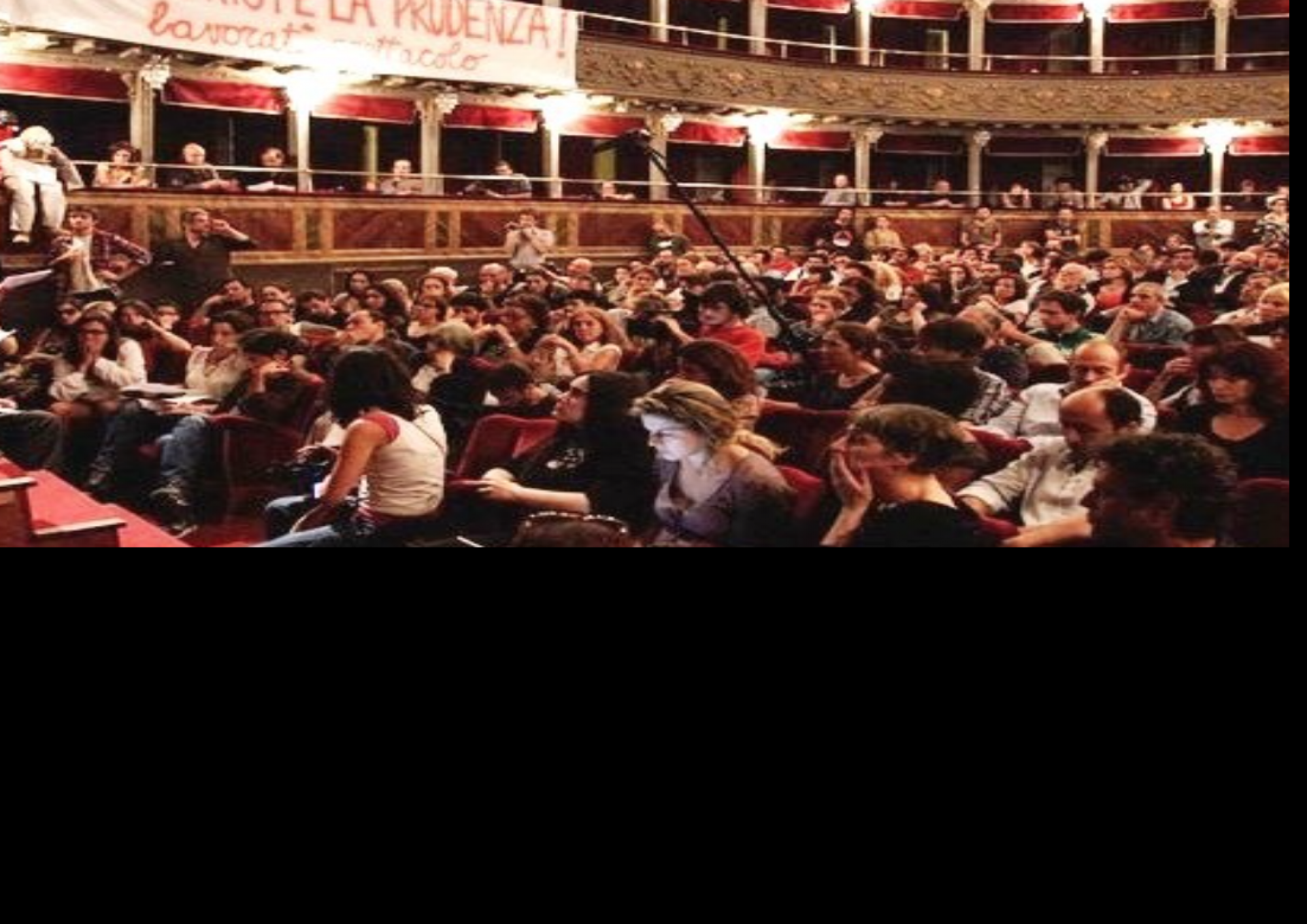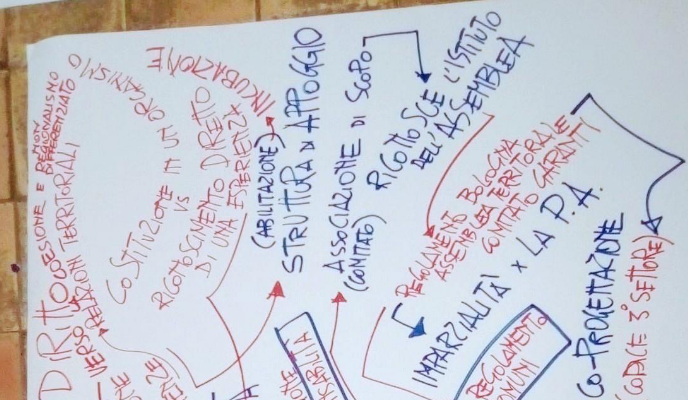In the fourth heteropolitics report, Antonio Vesco addresses the research questions and theoretical framing of the Heteropolitics project by carrying out engaged ethnography in two major Italian cities, Naples and Turin.
The case studies in Italy were mainly conducted in two major cities, Naples and Turin. In both contexts, the dialogue between the new commons movements and local institutions was deepened, along with the different conceptions of the commons that have been built in these two contexts. They are two urban fieldworks that instantiate the different realization of the commons in political and social contexts that have very different histories. At the same time, they evince some elements of continuity. In both cities, the emergence of a grassroots mobilization for the commons took place at a time of profound changes in local political and institutional structures. These changes represented a possibility –a real breakthrough– for communities of activists who wanted to propose forms of politics in dialogue with local governments. This report therefore focuses on two major Italian cities and the main commoning experiences that have been initiated in them. The analysis of the political action of these movements was conducted in parallel with the analysis of the local political and institutional contexts.
I did not adopt a properly comparative approach, although each of the two case studies allowed me to illuminate aspects of the other case. Especially when the communities and representatives of the institutions I met in the field came into contact with each other, as was often the case. As we will see, in fact, precisely during the research for the Heteropolitics project, these two experiences have maintained a constant dialogue, not only between the community of activists I studied, but also between officials and local administrators.
Studying the experiences of Naples and Turin allows us to describe two different configurations of the discourse on commons in Italy, showing how the latter has influenced the concept of ‘common goods’ and commoning practices at local level. The case studies have been analysed therefore in the light of the more general diffusion of this theme throughout the country, taking also into account other experiences spread in the national context (cf. Report 1. The Political and Report 2. The Common).

